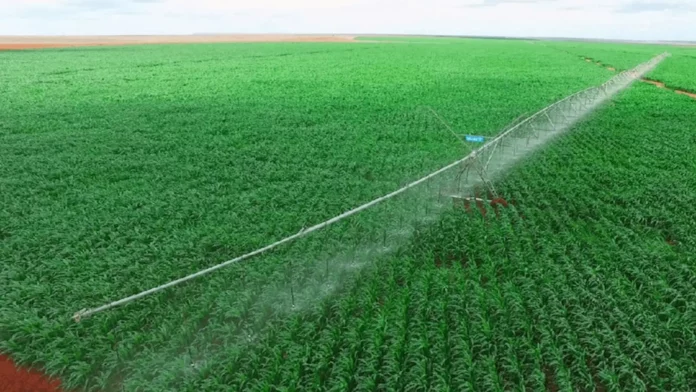Technology firm Twiga has transferred its rights to the development of the Galana Kulalu Food Security Project to Selu Limited.
Selu Limited is a Special Purpose Vehicle established to invest in and transform the Galana Kulalu Irrigation Project through innovative and sustainable farming practices.
It is backed by several companies, amongst them Latin America firm Campos and AgCo, a United States-based global leader in precision agriculture technology.
The development of the Galana-Kulalu project is under a Public-Private Partnership with the Government of Kenya.
The rights to the development of the project were initially granted to Twiga after the firm successfully invested in a 2,000-acre farm in Taveta to produce onions and tomatoes for the local market.
Twiga Foods said it exited Galana Kulalu, as the project is geared towards maize production, which is a primary commodity that falls outside of Twiga’s strategy.
Twiga Foods named one of world’s maximum influential companies
“We believe that Selu Limited is the best fit to manage the next stage of the project, which is to develop it further, manage and then operate it. This strategic move marks a significant step towards maximizing the impact of Galana Kulalu and accelerating its positive impact on the Kenyan agricultural landscape.” Twiga Foods Managing Director Peter Njonjo said.
Selu is currently undertaking the Development Phase covering 500 acres and targeting to achieve above 9 metric tons per hectare, which is 4.5 times the Kenyan average yield which stands at about 2 metric tons per hectare.
Selu has also partnered with reputable seed, fertilizer, and other farming input providers to achieve optimal yields and produce safe, high-quality maize. These collaborations will enable access to high-quality maize seed varieties and fertilizer.
Twiga, Jumia partner to cut price of fresh produce by 50%
The company aims to prioritize environmental sustainability by incorporating rotational crops, such as castor oil, that offer the additional benefit of reducing the project’s carbon footprint while generating renewable energy from biomass waste.
The firm is targeting to start commercial operations in the fourth quarter of this year, with the development of 20,000 acres that is feasible based on available water from the Galana River throughout the year.
With the government embarking on developing a dam on the Galana River, which will capture run-off during the rainy season and maximise irrigation potential, Selu says the scope of the project will be scaled to 100,000 acres.
This will generate annual production equivalent to the average maize deficit in Kenya over the last 5 years and over 10 per cent of the country’s annual production.








